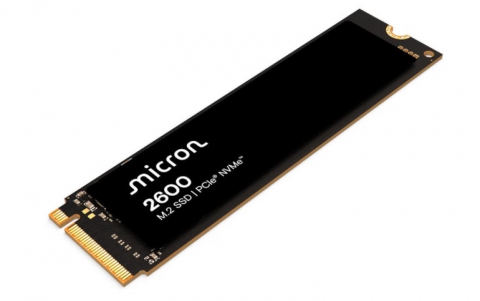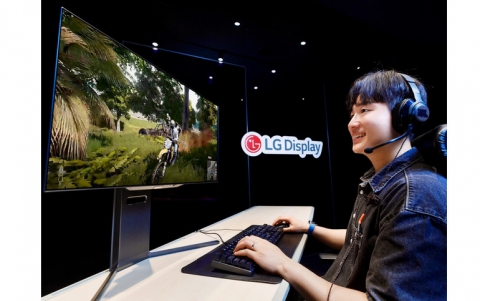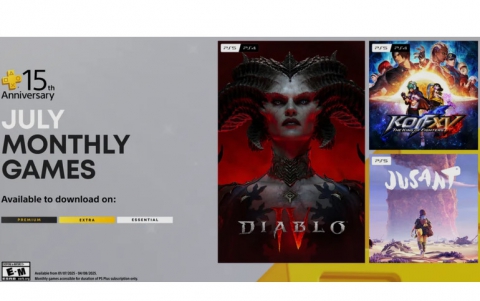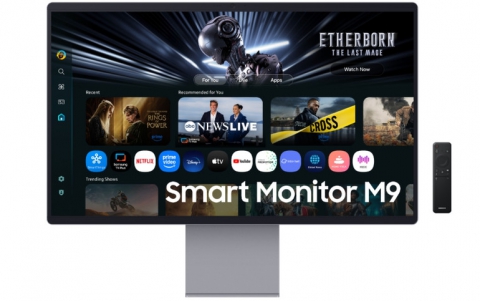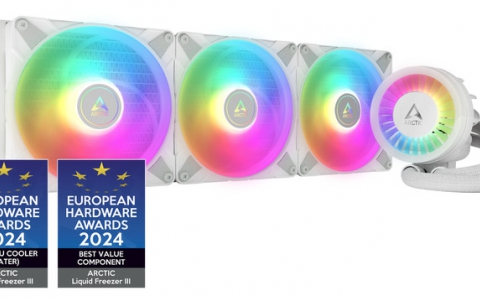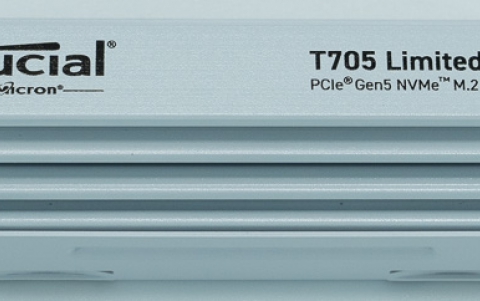
Privacy Advocates Expose Google Privacy Problems
Google's increasing dominance of Internet search and advertising is the rising fear that Google's broadening reach is giving it unchecked power. Consumer Watchdog, a non-profit consumer advocacy group, has called on Google?s founders and directors to adopt new privacy safeguards that allow for anonymous internet and software use.
The group has created a You Tube video showing how your computer could be having an unnoticed conversation about you with Google.
Earlier this month Consumer Watchdog wrote the Justice Department to block Google's proposed advertising alliance with Yahoo based on these privacy concerns. The letter notes that the introduction of Google's new browser, known as "Chrome," without new privacy protections, poses an unprecedented threat to consumers. (Read it here.)
"Google's role is now unprecedented because the Internet goliath is no longer merely collecting some data about how we search and surf the web," said Consumer Watchdog president Jamie Court. "Its new browser and software are actually sending information from inside our computers to its servers. If Google won?t solve its own privacy problems, the company must be prepared for regulators to put the brakes on its unprecedented growth. State Attorneys General need to take action to protect consumers? privacy and make sure that computer users have the ability to opt-out of Google?s web and browse anonymously."
Consumer Watchdog spoke with Google's team last month about its concerns, but the company agreed to address only one of the smaller privacy problems uncovered in the video, the group said.
"Google claims users do not expect to be able to navigate the web anonymously, only to have anonymous moments, which is why Google does not have an easy to use privacy mode for its products," the group added.
The consumer group's concerns center on creating a simple anonymizing button across Google?s products and websites so that there is transparency and easy opt-out for those who did not wish to share their private data.
Most computer users do not focus on the huge amounts of data sent to Google's servers, Consumer Watchdog said.
The introduction of Chrome, unless the privacy concerns are addressed seriously and quickly, could mark the end of real user control and choice online, the group claims. And that because Chrome allows new asynchronous communications to occurring without users' full understanding, consent or control. In addition, many Chrome features blur the distinction between the desktop and cloud computing, where a computer user?s software, documents, data and personal information exist not on the consumer?s hard drive but on Google's servers on the Internet, the group said.
Another of Consumer Watchdog's complaints surrounds Chrome's Incognito mode, which "lulls consumers into a false sense of security that their actions are completely private and free from prying eyes when in fact they are not."
"Chrome provides Google unprecedented dominance over the transmission of computer data and warrants higher privacy standards," wrote Consumer Watchdog President Jamie Court and Policy Advocate John Simpson. "Chrome represents a once-in-a decade opportunity to raise the consumer privacy bar to new heights that will benefit consumers, content providers, and ultimately Google itself."
To protect user privacy Consumer Watchdog said Google should:
- Place a single prominent button on the main Chrome interface that can't be hidden or removed and that allows a user to enter Incognito mode instantly without interrupting the user experience. Once in Incognito mode, the application should assume we want to stay incognito, essentially treating Incognito as a default preference once a user has selected it.
- Provide clear disclosure on the Google search engine home pages so that users can easily prevent communication with Google before pressing the search button or affirmatively requesting an action. This could be an extension of an omni-present "Incognito mode" button. This disclosure needs to be made clear throughout all the Google applications including GMail, Google Talk, and the Google Toolbar. This disclosure needs to be more than a confusing warning a few clicks away. It should be a convenient, actionable feature so that the user can exercise informed choice.
- Ensure that Incognito mode has the full meaning the word implies when users opt for it. Incognito mode should default to SSL (Secure Sockets Layer) connections, provide an automatic IP anonymizing service, enforce a no-log policy on all Google servers including Google Analytics, as well as disable auto-saving, suggestions, and all other feature that use asynchronous event handlers other than button and link click. Incognito should disable all external calls to desktop applications and plug-ins whose applications fail to meet equivalent standards
Although Chrome is new, Consumer Watchdog is not waiting to see whether it gets too little use to worry about. In October, Court's group wrote U.S. Attorney General Michael Mukasey to caution him about Google's plans to sell ads for Yahoo, saying that its fears about Google's market power have been exacerbated by Chrome's release.
"We look forward to your response and to working with Google to make the company the standard bearer for privacy on the Internet," Consumer Watchdog?s letter concluded.
Google said that it has been working to fix the "Incognito mode" issue, which does not prevent the browser from sending a request to Google to help determine the actual site the user is trying to visit, in case a user spell a Web site's address incorrectly.
In July, Google also began linking to its privacy policy on its home page. It also recently began its anonymization of the data it stores through the "Google Suggest" feature.
In September, to placate European Union data protection officials, Google said it would maintain its search logs for nine months instead of 18, as it had been doing. After that time, Google will alter IP addresses to mask their source.
Earlier this month Consumer Watchdog wrote the Justice Department to block Google's proposed advertising alliance with Yahoo based on these privacy concerns. The letter notes that the introduction of Google's new browser, known as "Chrome," without new privacy protections, poses an unprecedented threat to consumers. (Read it here.)
"Google's role is now unprecedented because the Internet goliath is no longer merely collecting some data about how we search and surf the web," said Consumer Watchdog president Jamie Court. "Its new browser and software are actually sending information from inside our computers to its servers. If Google won?t solve its own privacy problems, the company must be prepared for regulators to put the brakes on its unprecedented growth. State Attorneys General need to take action to protect consumers? privacy and make sure that computer users have the ability to opt-out of Google?s web and browse anonymously."
Consumer Watchdog spoke with Google's team last month about its concerns, but the company agreed to address only one of the smaller privacy problems uncovered in the video, the group said.
"Google claims users do not expect to be able to navigate the web anonymously, only to have anonymous moments, which is why Google does not have an easy to use privacy mode for its products," the group added.
The consumer group's concerns center on creating a simple anonymizing button across Google?s products and websites so that there is transparency and easy opt-out for those who did not wish to share their private data.
Most computer users do not focus on the huge amounts of data sent to Google's servers, Consumer Watchdog said.
The introduction of Chrome, unless the privacy concerns are addressed seriously and quickly, could mark the end of real user control and choice online, the group claims. And that because Chrome allows new asynchronous communications to occurring without users' full understanding, consent or control. In addition, many Chrome features blur the distinction between the desktop and cloud computing, where a computer user?s software, documents, data and personal information exist not on the consumer?s hard drive but on Google's servers on the Internet, the group said.
Another of Consumer Watchdog's complaints surrounds Chrome's Incognito mode, which "lulls consumers into a false sense of security that their actions are completely private and free from prying eyes when in fact they are not."
"Chrome provides Google unprecedented dominance over the transmission of computer data and warrants higher privacy standards," wrote Consumer Watchdog President Jamie Court and Policy Advocate John Simpson. "Chrome represents a once-in-a decade opportunity to raise the consumer privacy bar to new heights that will benefit consumers, content providers, and ultimately Google itself."
To protect user privacy Consumer Watchdog said Google should:
- Place a single prominent button on the main Chrome interface that can't be hidden or removed and that allows a user to enter Incognito mode instantly without interrupting the user experience. Once in Incognito mode, the application should assume we want to stay incognito, essentially treating Incognito as a default preference once a user has selected it.
- Provide clear disclosure on the Google search engine home pages so that users can easily prevent communication with Google before pressing the search button or affirmatively requesting an action. This could be an extension of an omni-present "Incognito mode" button. This disclosure needs to be made clear throughout all the Google applications including GMail, Google Talk, and the Google Toolbar. This disclosure needs to be more than a confusing warning a few clicks away. It should be a convenient, actionable feature so that the user can exercise informed choice.
- Ensure that Incognito mode has the full meaning the word implies when users opt for it. Incognito mode should default to SSL (Secure Sockets Layer) connections, provide an automatic IP anonymizing service, enforce a no-log policy on all Google servers including Google Analytics, as well as disable auto-saving, suggestions, and all other feature that use asynchronous event handlers other than button and link click. Incognito should disable all external calls to desktop applications and plug-ins whose applications fail to meet equivalent standards
Although Chrome is new, Consumer Watchdog is not waiting to see whether it gets too little use to worry about. In October, Court's group wrote U.S. Attorney General Michael Mukasey to caution him about Google's plans to sell ads for Yahoo, saying that its fears about Google's market power have been exacerbated by Chrome's release.
"We look forward to your response and to working with Google to make the company the standard bearer for privacy on the Internet," Consumer Watchdog?s letter concluded.
Google said that it has been working to fix the "Incognito mode" issue, which does not prevent the browser from sending a request to Google to help determine the actual site the user is trying to visit, in case a user spell a Web site's address incorrectly.
In July, Google also began linking to its privacy policy on its home page. It also recently began its anonymization of the data it stores through the "Google Suggest" feature.
In September, to placate European Union data protection officials, Google said it would maintain its search logs for nine months instead of 18, as it had been doing. After that time, Google will alter IP addresses to mask their source.









